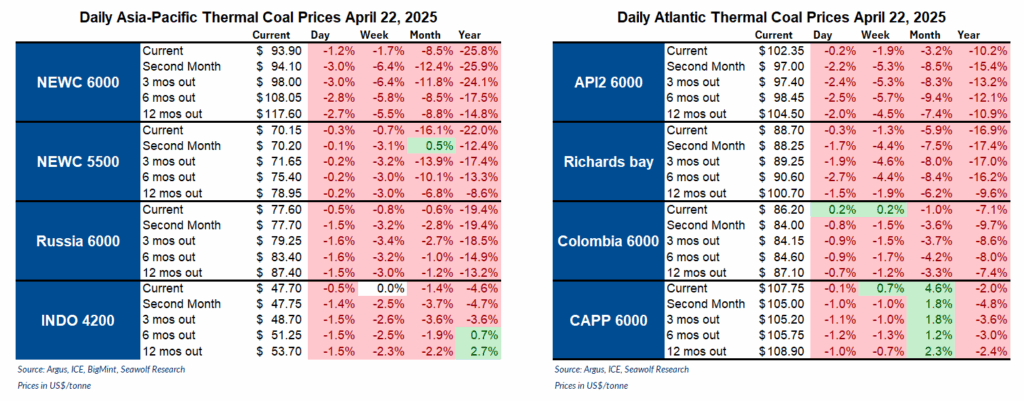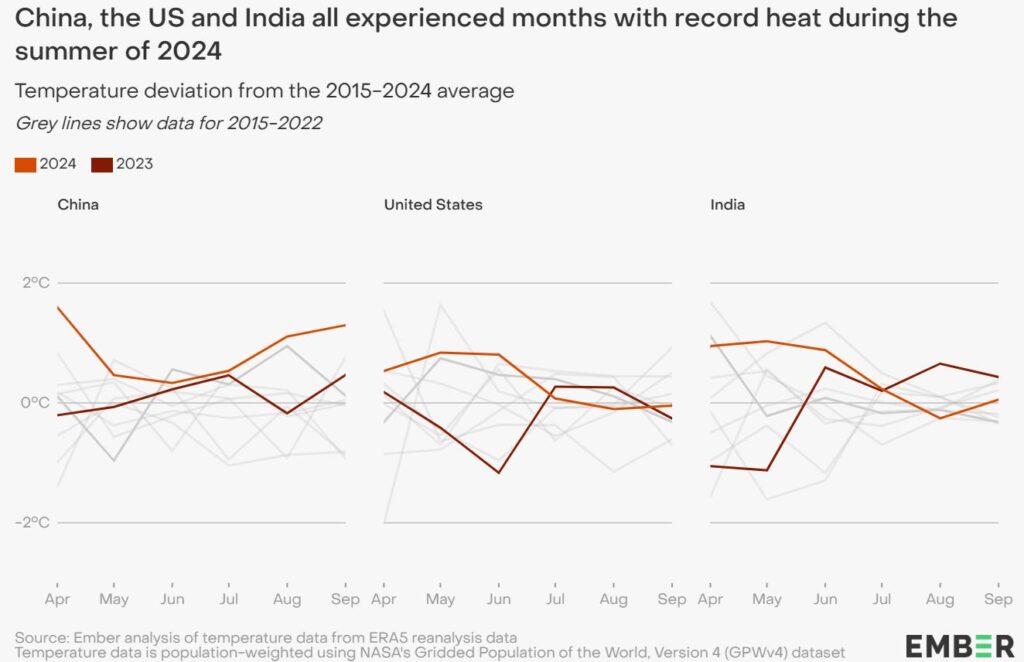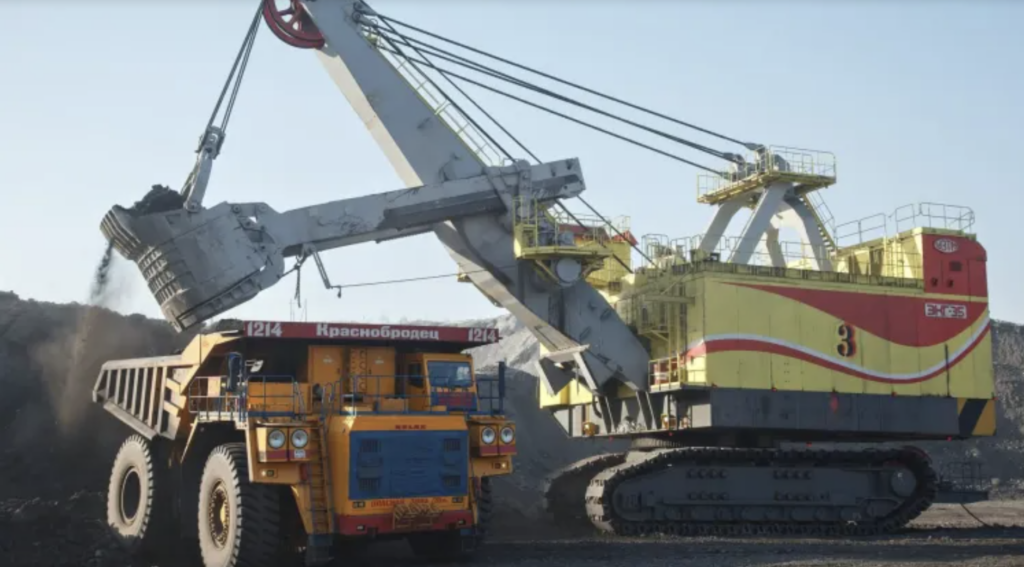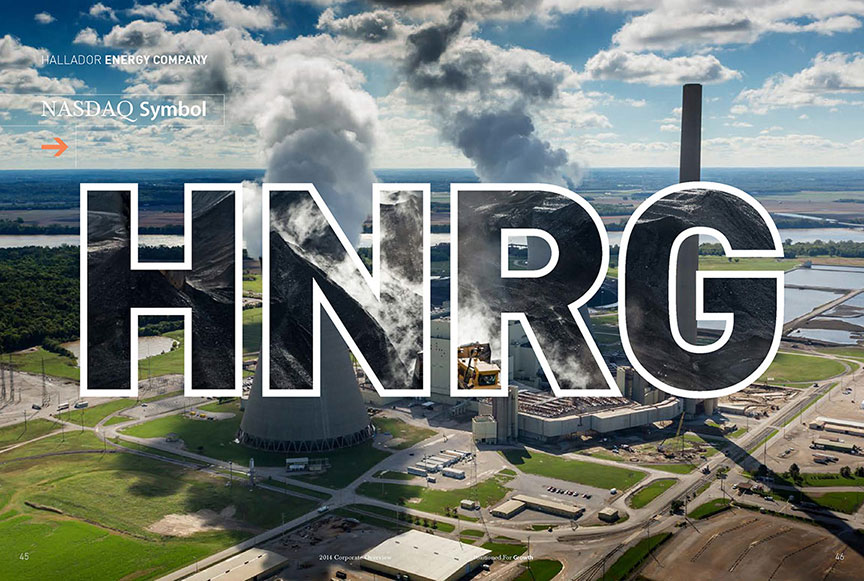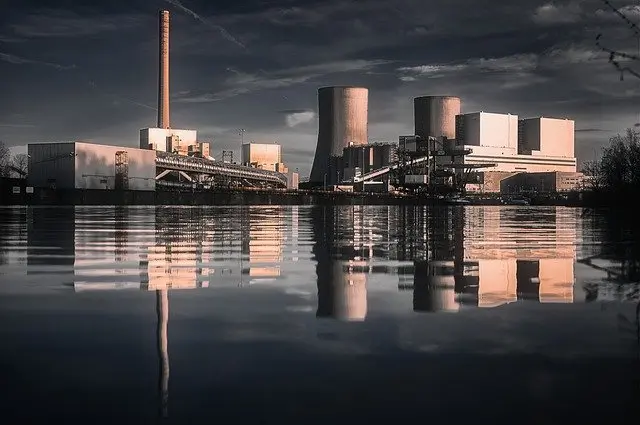Affected by the strong cold air, severe weather such as blizzards, cold waves, freezes, and strong winds have hit recently. Temperatures in many places have plummeted, demand for heating and power supply has increased, and energy supply has faced a “big test.”
According to the National Development and Reform Commission, currently, the national demand for electricity and gas is at a historically high level. On December 17, the country’s highest electricity load was 1.242 billion kilowatts and gas consumption was 1.423 billion cubic meters, respectively 83 million kilowatts and 108 million cubic meters higher than last year’s peak heating season, setting a record high in the heating season.
In Anhui, on the evening of December 18, the province’s highest electricity load reached 51.24 million kilowatts, setting new winter electricity load extremes for three consecutive days. 12 cities including Hefei and Chuzhou all hit record highs in winter load. In Hebei, on December 17, the maximum load of the power grid reached 44.86 million kilowatts, an increase of 12% from the same period last year, setting a record high in winter.
On December 16, Xin Baoan, Chairman and Party Secretary of State Grid Corporation of China, introduced that we are currently in a critical period to ensure power supply during the winter peak. Affected by the cold wave weather, the power load has increased significantly. The maximum load in the company’s operating area is 990 million kilowatts. , a record high in winter.
As electricity consumption rises, many provinces, including Anhui, Jiangxi, Sichuan, Zhejiang and Jiangsu, have issued documents advocating energy conservation.
Under the influence of extreme weather, energy supply becomes a top priority. In order to ensure the supply of energy, relevant departments have already made arrangements in advance to increase support and ensure a stable supply of coal and electricity.
For now, the country’s energy supply is generally stable. From January to October this year, the national raw coal production above designated size was 3.83 billion tons, a year-on-year increase of 3.1%. From November to today, the average dispatched coal production is at a high level of more than 12.7 million tons, laying a solid foundation for maintaining warmth and supply this winter and next spring. At the same time, since the beginning of the heating season, the country’s average daily power generation has reached 25.56 billion kilowatt hours, a year-on-year increase of 8.7%; natural gas supply is sufficient, with an average daily supply of 1.25 billion cubic meters, a year-on-year increase of 5.8%.
In terms of resource reserves, the current coal reserves in unified power plants across the country remain at more than 200 million tons and can be used for 26 days. Unplanned outages and blocked output capacity of coal power across the country are at historically low levels for the same period. Natural gas reserve capacity has increased significantly compared with last year, the available gas capacity of underground gas storage and LNG storage tanks is at a high level, and refined oil inventories remain high.
Du Zhongming, director of the Electric Power Department of the National Energy Administration, said recently that the country’s electricity supply is expected to be generally guaranteed this winter and next spring, but some provinces in the northwest, east, southwest and south regions are under greater pressure to maintain supply. Among them, there is a certain power shortage in Yunnan and western Inner Mongolia. There is a certain power shortage in certain periods, and the power supply in Shaanxi, Gansu, Qinghai and other places is relatively tight. This winter, the national electricity load may increase by more than 100 million kilowatts compared with the same period last year, showing a significant increase.
The National Energy Administration pays close attention to the power supply and demand situation, strengthens supply and demand early warning and research and judgment, and promotes the resolution of the risk of tight supply in some areas.
Du Zhongming said that the National Energy Administration in accordance with the “one province, one policy” guides areas with tight and tight power supply to ensure supply; pay close attention to the supply and demand situation, analyze emerging, potential, and trend problems, coordinate in a timely manner, and resolve them There is a risk of tight power supply in some areas.
In terms of coal, we will work with relevant parties to accelerate the construction of coal green transformation supply guarantee bases in Shanxi, western Inner Mongolia, eastern Inner Mongolia, northern Shaanxi and Xinjiang, and optimize the layout of coal production and development; promote the stabilization of coal prices within a reasonable range, and maintain coal output at a high level; expand cooperation with coal Cooperate with resource-rich countries to stabilize coal imports; keep a close eye on regions such as the Northeast, the two lakes and one river, and the southwest to effectively respond to possible regional tight coal supply.
At the same time, we urge Guangdong, Hainan and other major gas and electricity provinces to stabilize the supply of natural gas; promote the accelerated construction of power grid projects; urge power grid companies to give full play to the power grid’s overall configuration function, and tap into the potential of surplus and deficit mutual aid in the northwest and south regions; guide power companies to optimize reservoir storage , do a good job in equipment operation and maintenance, and ensure the peak capacity of the unit; urge all localities to improve demand-side response capabilities, optimize orderly power use plans and conduct practical drills to ensure people’s livelihood and key users’ power.
Du Zhongming said that the National Energy Administration will urge and guide relevant units in the power industry to continue to prepare for extreme weather prevention and response, actively improve the ability of the power grid to prevent rain, snow and freezing disasters, and ensure stable energy supply and safe operation of the power grid.
At the same time, in order to prepare for severe cold wave weather, the National Development and Reform Commission, together with member units of the inter-ministerial coordination mechanism for coal, electricity, oil and gas transportation guarantees and relevant localities, have made judgments and preparations in advance before the cold wave arrives, and strengthened the overall planning and dispatch of resources during the cold wave. , make every effort to increase the peak supply capacity of electricity and natural gas, and quickly coordinate to resolve local regional imbalances, so that the national energy supply can be effectively guaranteed during this cold wave.
Du Zhongming pointed out that in the next step, the National Development and Reform Commission will continue to conscientiously implement the decisions and arrangements of the Party Central Committee and the State Council, strengthen overall planning and coordination, consolidate the responsibilities of all parties, effectively do a good job in ensuring energy supply during the heating season this winter and next spring, and make every effort to protect the people Everyone stays safe and warm through the winter.

